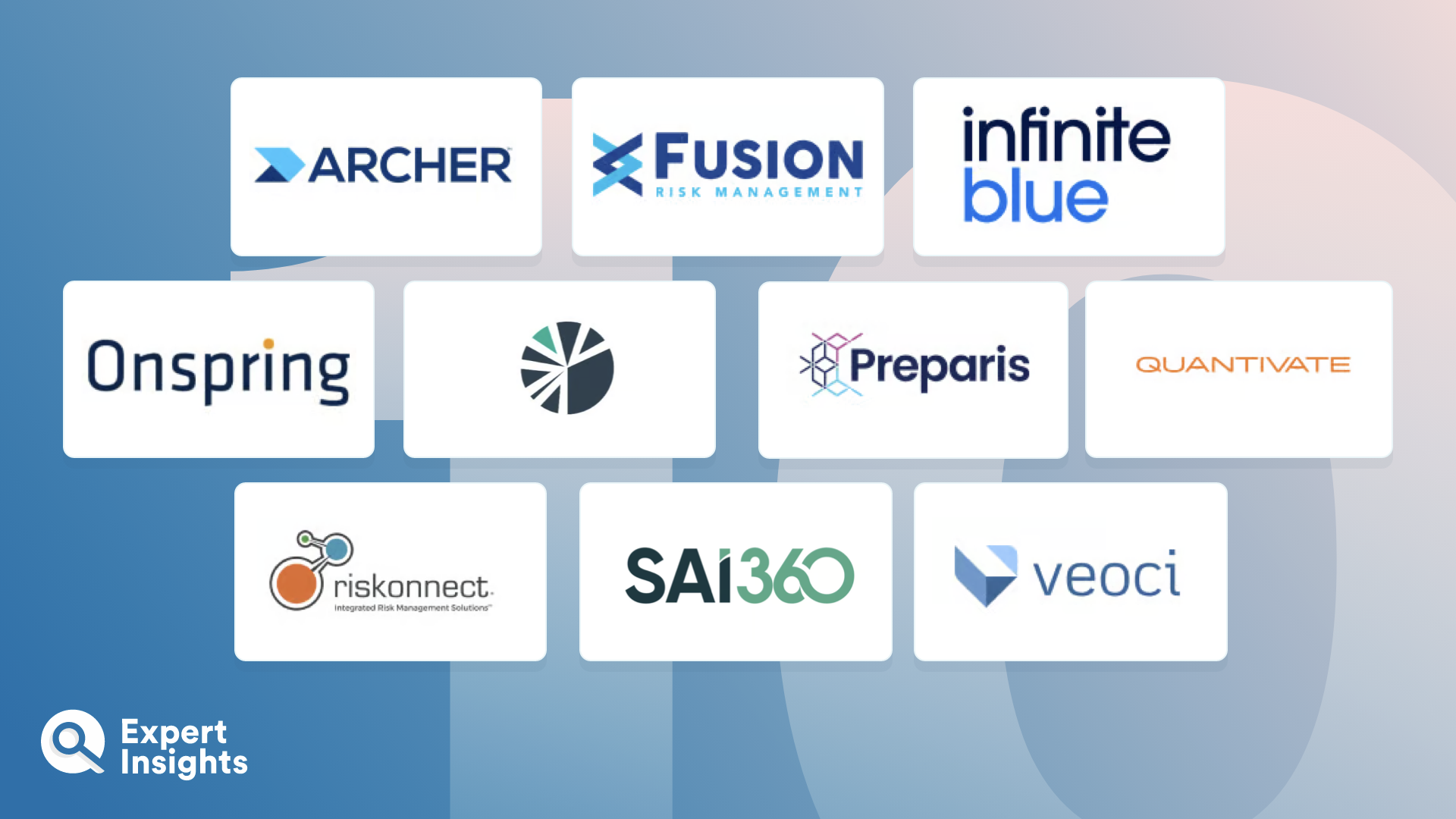Business Continuity Management (BCM) software enables organizations to implement, manage and activate processes to ensure business functions can continue to operate in the case of business disruption. Key features of these solutions include conducting business impact analysis and risk assessments, recovery plan creation and management, crisis management, and comprehensive reporting.
Disruptions can come in many forms, including tech outages, data breaches, or natural disasters, that could quickly cause critical issues for your team. Business continuity management provide key tools for businesses to plan and prepare for disruptions, prevent financial losses, and protect their customers and employees. BCM software is also required in some industries as part of mandatory compliance standards.
Business continuity is a multi-step process which also encompasses continuity applications such as data backup and recovery solutions. This list however focuses on continuity management capabilities, including features such as recovery planning, incident management, and performance monitoring. These tools enable businesses to streamline their continuity planning processes.
There are a number of BCM solutions available for different types of organizations and industries. Determining the best option for your business depends on factors such as the scale of your operations, your organization’s specific requirements, existing IT infrastructure, and budget constraints. This guide will explore the top business continuity management software options, delving into each solution’s unique features, strengths, and third-party integrations.
















